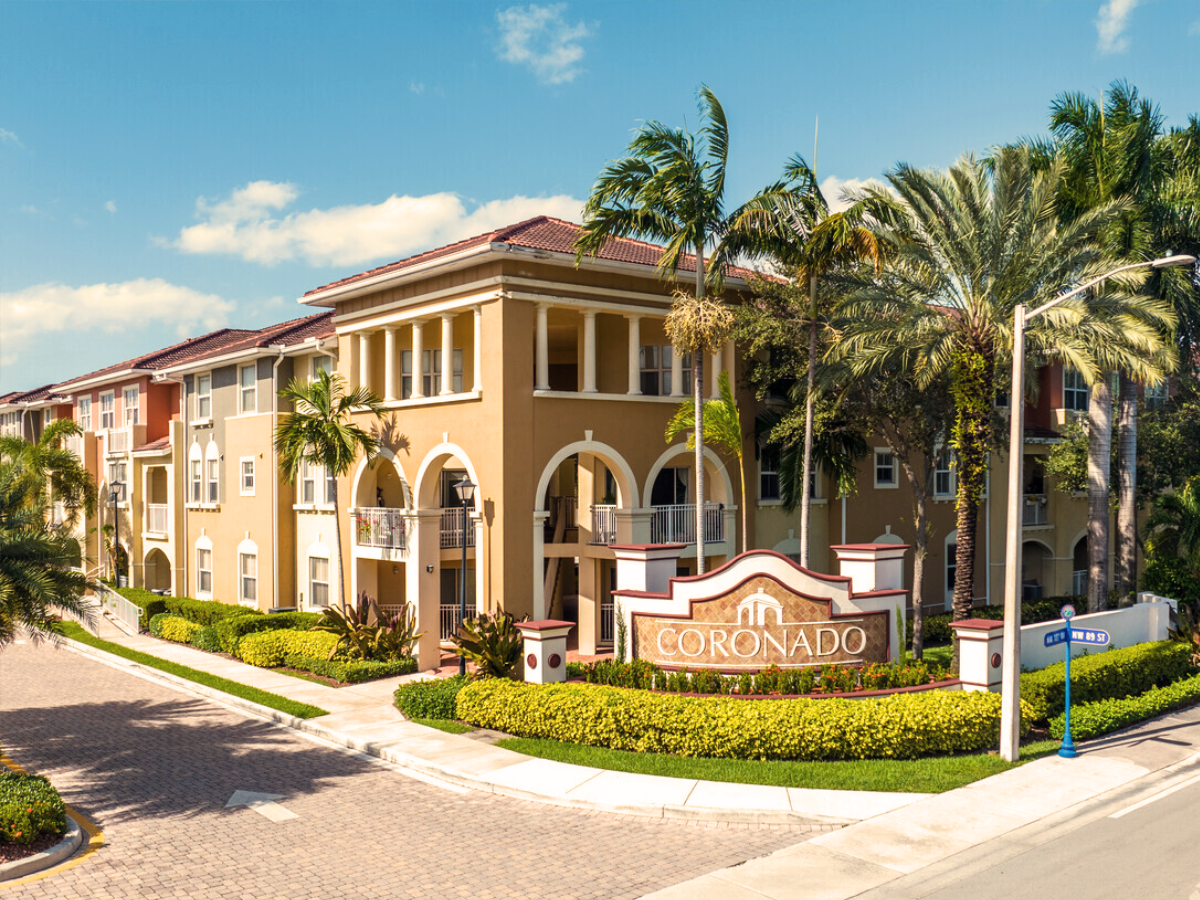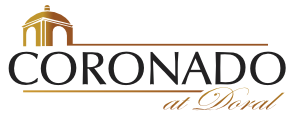Through a CDD, the community can offer its residents a broad range of community-related services and infrastructure to help ensure the highest quality of life possible.
CDD responsibilities within our community may include storm water management, potable and irrigation water supply, sewer and wastewater management, and street lights.
HOW DOES A CDD OPERATE?
A CDD is governed by its Board of Supervisors consisting of five members. Initially, Board Members are elected by property owners and usually composed of representatives of the developer. Thereafter, the Board of Supervisors is elected by the majority vote of the electors within the District. Like all municipal, county, state, and national elections, the Office of the Supervisor of Elections oversees the vote, and CDD Supervisors are subject to state ethics and financial disclosure laws.
With certain exemptions specified by law, the CDD’s business is conducted in the “Sunshine,” which means all meetings and records are open to the public. Public hearings are held on CDD assessments and the CDD’s budget and financial records are subject to annual independent audit.
HOW DOES THE DISTRICT AFFECT THE RESIDENTS?
The district levies an assessment against property each year that represents a pro-rata share of the cost of public infrastructure that was financed by the district. Included in the assessment is a pro-rata share of the cost to administer and maintain the district. The assessment will appear on the property tax bill sent in November of each year. If you have a mortgage on your property and your taxes are escrowed, your assessments will be included in your monthly mortgage payment. In that case, your tax bill will go directly to your mortgage company and be paid from your escrow account.
WHAT ARE THE BENEFITS TO RESIDENTS?
A CDD allow the costs of the improvements to be spread over the life of the bonds rather than included in the price of the initial home sale. Therefore, residents will only pay for the district improvements while they own the property.
Other savings are realized because a CDD is subject to the same laws and regulations that apply to other government entities. The CDD is able to borrow money to finance its facilities at lower, tax-exempt, interest rates, the same as cities and counties. Many contracts for goods and services, such as annually negotiated maintenance contracts, are subject to publicly advertised competitive bidding.
Residents and property owners in a CDD set the standards of quality, which are then managed by the CDD. The CDD provides perpetual maintenance of the environmental conservation areas. This consistent and quality-controlled method of management helps protect the long term property values in a community.
WHO MANAGES THE DISTRICT?
The board of supervisors appoints a district manager who manages the affairs of the district.
WHAT IS THE COST OF THE CDD?
The cost to operate a CDD is borne by those who benefit from its services. Property owners in the CDD are subject to a non-ad valorem assessment, which appears on their annual property tax bill from the county tax collector and may consist of two parts – an annual assessment for operations and maintenance, which can fluctuate up and down from year-to-year based on the budget adopted for that fiscal year and an annual capital or debt service assessment to repay bonds sold by the CDD to finance community infrastructure and facilities, which annual assessments are generally fixed for the term of the bonds. Because costs and services vary depending upon the individual CDD, specific fee information is available for each community.


